Responsible shopping is a difficult thing to define. There are many different forms responsible shopping can take, but all of them have one key thing in common: the goal is to source a product with as little human and environmental impact as possible. Here are five things you should consider as a responsible shopper:
- Where does it come from?
One of the hardest things to know about the products we consume is where they originate. The cotton in clothing often comes from the other side of the world before being processed and shipped over to us, so it can be hard to trace. By the same token, food can be grown and shipped for thousands of miles before it reaches your plate – asparagus from Chile or lemons from Portugal, it all requires a huge amount of energy to be kept fresh and transported. To avoid this, try to shop locally – organic fair trade cotton is the best way to support cotton farmers and manufacturers, and local in-season food will be far better for you and for the planet.

- Do I really need this?
A big flaw in our current global mentality is purchasing something just because we want to own it, rather than because we actually need it. Without trying to sound like your grandmother, holes in clothes can be repaired and multiple uses can still be found for objects that would otherwise just be thrown away. By using clothes and objects multiple times and repairing them when they break, you consume far less and reuse and recycle far more. Buying clothing you don’t need contributes to the cycle of fast fashion – one of the most damaging industries there is for the environment.
- Go back to the high street
Many of the products we purchase nowadays are purchased online, where it’s even harder to find out where they were sourced or how ethically they were produced. They then have to be transported to your home, which is even more bad news for the environment. In contrast, the high street can be a place to find brands that are transparent about their contributions to sustainability. Debenhams, for example, diverted 97% of their waste away from landfill in 2018 and have a strict no fur policy that includes feathers, so you know you’re buying ethical clothing.

- Source ethical cosmetics
For both men and women, the cosmetics industry is full of hidden environmental threats. Shampoo and conditioner can be bad for water quality and hurt marine wildlife; makeup can be tested on animals before it reaches humans; and disposable razors have a huge impact on the environment in the form of plastic pollution. By choosing your products carefully, you can ensure you do not support any of these things. It’s possible, for example, to choose cosmetic brands such as Lush who use minimal packaging and refuse to test on animals. Razors with replaceable blades are also gaining popularity to help reduce plastic waste.
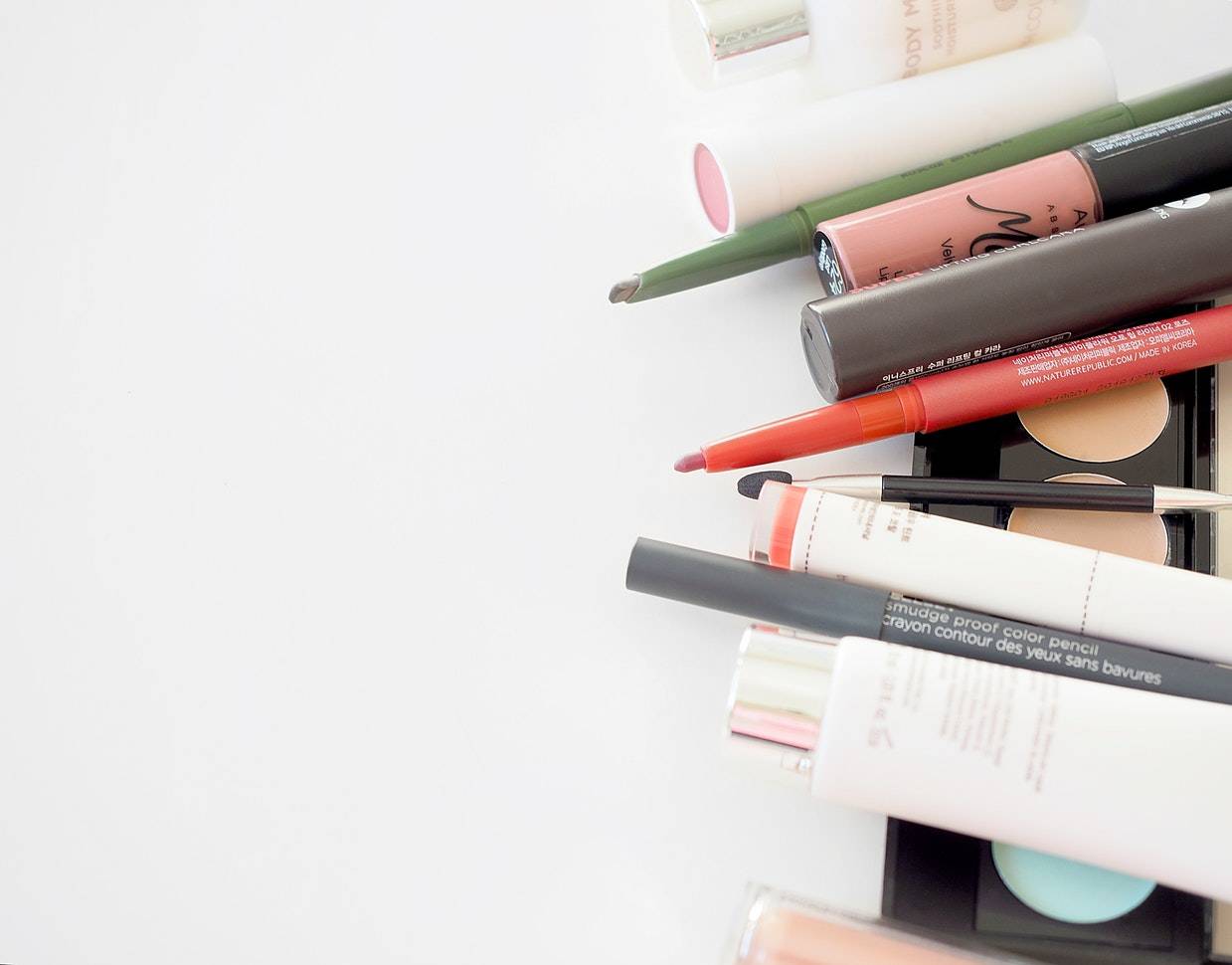
- Consume as little as possible!
The best thing everyone can do is to buy as little as possible and replace it as rarely as they can. By initially purchasing high-quality items with a long life span, less products are wasted and sent to landfill, meaning less is consumed overall. Easy to do – and hugely effective – this is by far the best thing we can all do to be responsible shoppers.
Responsible shopping may seem hard at first, but really all that’s required is a bit of forethought and planning. Next time you’re questioning whether you need that new top, think about it – you probably don’t!



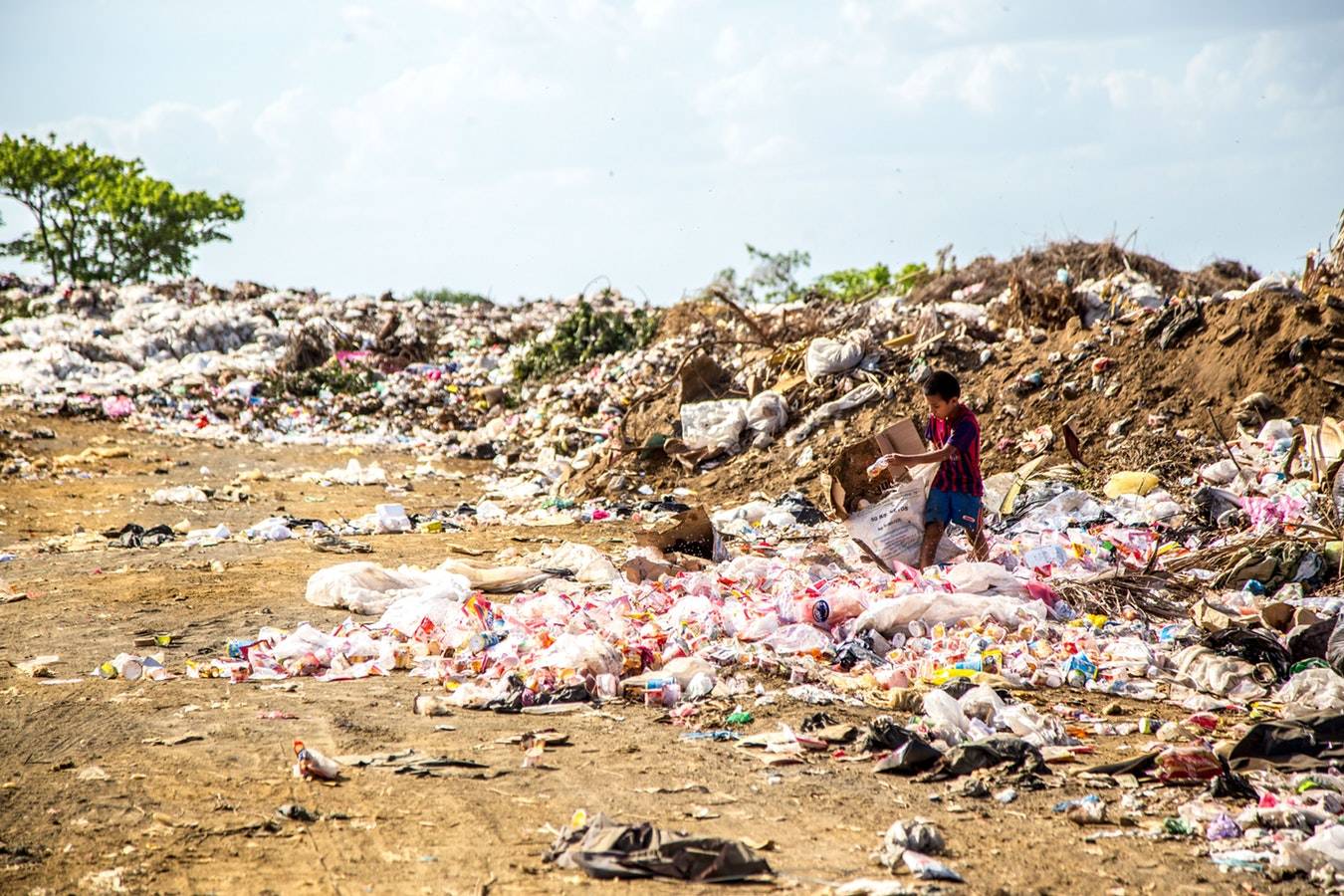
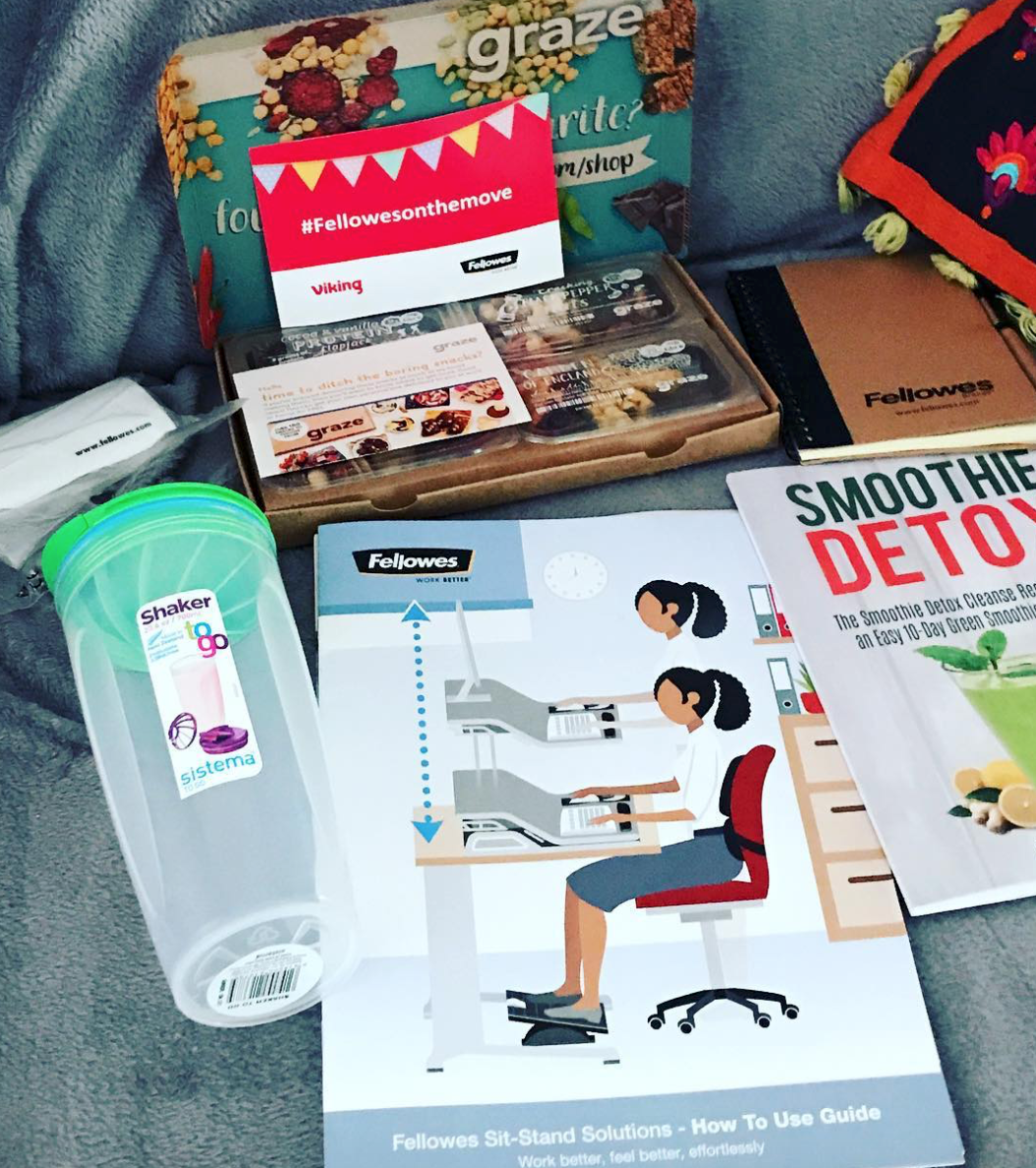
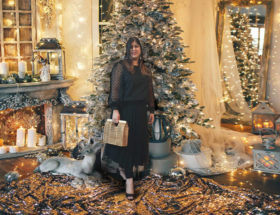


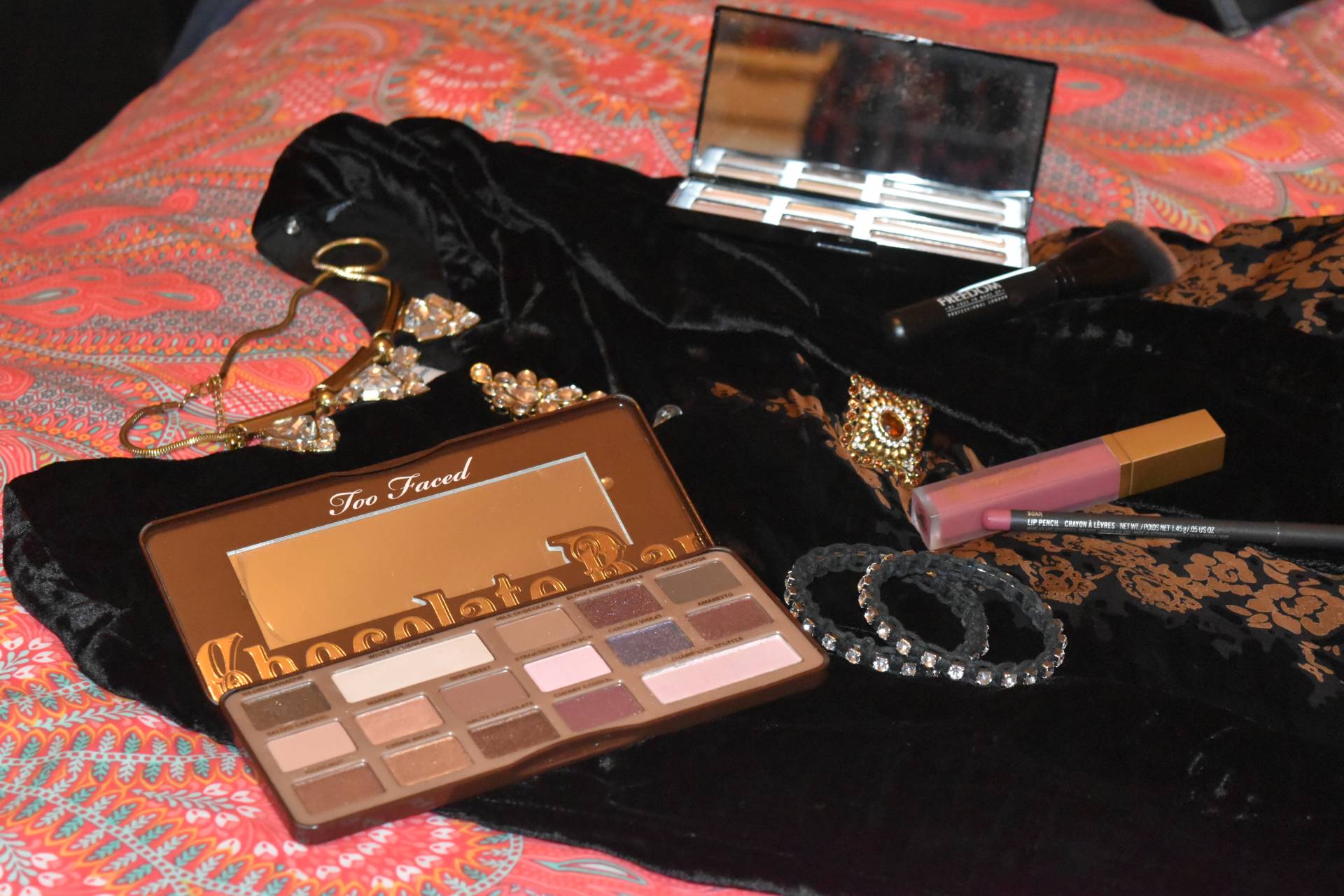
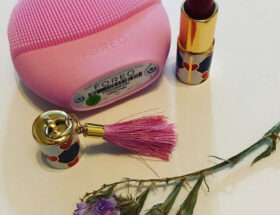

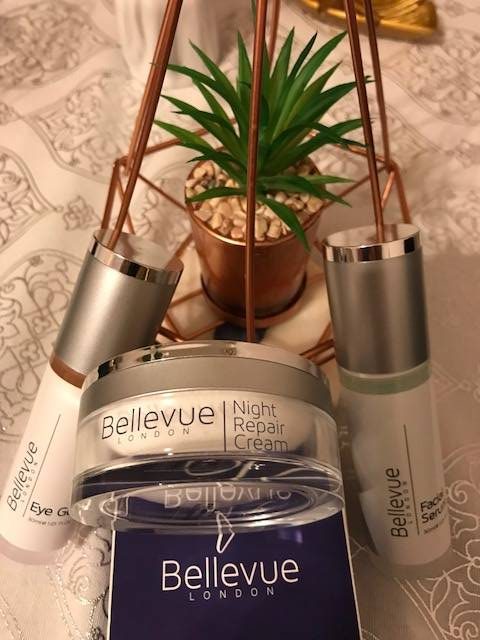

I always ask myself now if I really need this. It has saved me so much over the years x
I’m so indecisive when it comes to shopping that I’m always to talk myself out of purchasing something
These are some wonderful tips, I do try and work towards being a responsible shopper but hands up sometimes I don’t quite manage it yet.
I started asking myself if I really need something before I buy it. It has helped me cut down on spending
Excellent tips, thanks. I am trying to question myself more and buy less, espeically new. I do love a charity shop bargain! Mich x
I just don’t do shopping these days, cannot care walking around the shops!! Guess it means I don’t buy what I don’t need
I am trying to really think hard about everything before I buy as I’m trying to save but I also know I don’t need new things as I have enough x